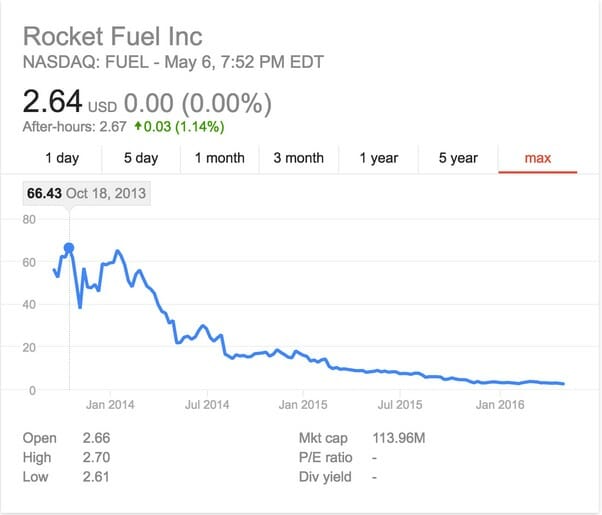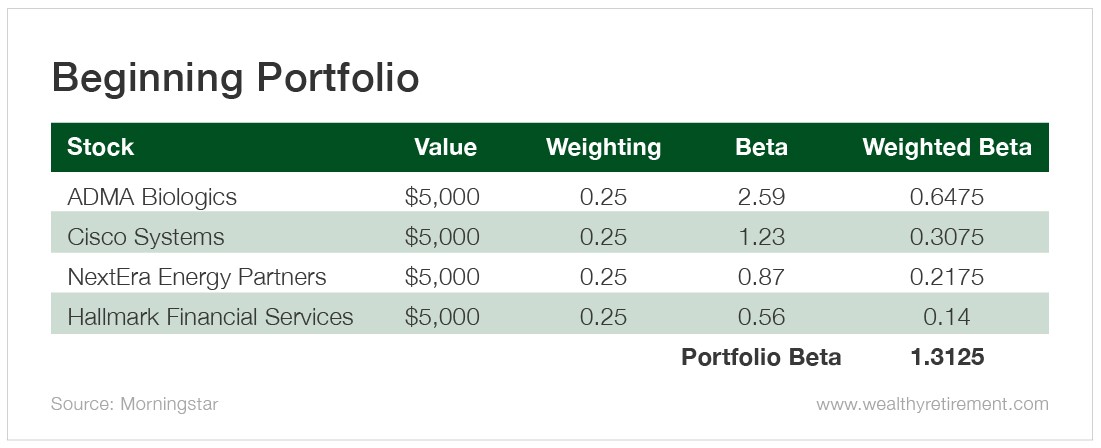Table of ContentsThe smart Trick of What Does The France Bond Market Finance That Nobody is Talking AboutFinance Quizlet When Bond Rates Rise for DummiesSome Known Incorrect Statements About What Is A Bond Finance Quizlet Getting My How To Create Bond Portfolio Yahoo Finance To WorkExamine This Report about What Is A Finance Bond
When TIPS do fully grown, financiers get either the changed principal or the initial principal, whichever is higher. TIPS are sold with 5, 10, and 20-year terms. are probably some of the most uninteresting presents out there, but it can't injure to comprehend how they work. You can redeem your savings bonds after a year of holding them, as much as 30 years.
Treasury: make a fixed-rate of interest (presently 3.4%) and can be redeemed after a year (though you lose 3 months interest if you hold them less than 5 years), but can be held for approximately 30 years. When you redeem the bond, you'll collect the interest accrued plus the amount you paid for the bond.
If they're bought online, they're bought at face worth, but can be purchased for any amount starting at $25. resemble EE cost savings bonds, except that they're indexed for inflation every six months. These are always cost face value, despite whether you purchase paper bond certificates or you buy them digitally.
They're provided by government-sponsored enterprises. Because these companies are chartered and regulated in part by the federal government, the bonds they provide are perceived to be more secure than business bonds. They are not, however, backed by the "full faith and credit" of the U.S. federal government like Treasurys, which would make them practically safe.

Municipals aren't based on federal taxes, and if you live where the bonds are provided, they may also be exempt from state taxes. Some municipal bonds are more credit-worthy than others, though some munis are insured. If the company defaults, the insurance business will have to cover the tab. are bonds released by business.
What Is A Bond In Finance - An Overview
is another word for the rate of interest paid by a bond. For instance, a $1,000 bond with a 6% coupon will pay $60 a year. The word coupon is used because some bonds actually had a paper discount coupon attached to them, which might be redeemed for the payment. is likewise called the face worth of a bond, this is the quantity a shareholder receives when the bond matures.
is a procedure of a bond rate's sensitivity to a modification in rate of interest, measured in years. Bonds with longer durations are more sensitive to rate of interest changes. If you're in a bond with a period of 10 years and rates rise 1%, you'll see a 10% decrease in the bond's cost.
Bonds are issued by federal, state, and city governments; firms of the U.S. government; and corporations. There are 3 fundamental types of bonds: U.S. Treasury, local, and business. Bonds, costs, and notes provided by the U.S. federal government are typically called "Treasuries" and are the first-rate securities offered. They are provided by the U.S.
All treasury securities are liquid and traded on the secondary market. They are separated by their maturity dates, which range from one month to 30 years. One major advantage of Treasuries is that the interest made is exempt from state and regional taxes. Treasuries are backed by the complete faith and credit of the U.S.
Treasury expenses (T-bills) are short-term securities that mature in less than one year. They are sold at a discount from their stated value and therefore do not pay interest prior to maturity. Treasury notes (T-notes) earn a set interest rate every 6 months and have maturities ranging from 1 to 10 years.
Not known Facts About How To Create Bond Portfolio Yahoo Finance
government bond market and is also utilized as a benchmark by the home loan market. Treasury bonds (T-bonds) have maturities ranging from 10 to 30 years. Like T-notes, they likewise have a coupon payment every six months. Treasury Inflation-Protected Securities (TIPS) are inflation-indexed bonds. The primary worth of SUGGESTIONS is changed by modifications in the Customer Cost Index - what is bond rating finance.
In addition to these Treasury securities, certain federal firms likewise provide bonds. The Federal Government National Home Mortgage Association (Ginnie Mae), the Federal National Home Mortgage Association (Fannie Mae), and the Federal Home Loan Home Mortgage Corp. (Freddie Mac) concern bonds for specific functions, primarily related to funding house purchases - in order to finance a new toll bridge. These bonds are also backed by the complete faith and credit of the U.S.
Local bonds (" View website munis") are released by state and local federal governments to fund the building of schools, highways, real estate, drain systems, and other important public projects. These bonds tend to be exempt from federal earnings tax and, sometimes, from state and local taxes for financiers who reside in the jurisdiction where the bond is provided.
Keep in mind that, in some states, investors will have to pay state earnings tax if they purchase shares of a local bond fund that invests in bonds issued by states besides the one in which they pay taxes. In addition, although some local bonds in the fund might not undergo regular earnings tax, they might undergo federal, state, and regional alternative minimum tax, if an investor offers a tax-exempt mutual fund at a profit, there are capital gains taxes to consider.

General obligation bonds are secured by the complete faith and credit of the provider and supported by the company's taxing power. Revenue bonds are paid back using revenue created by the specific task the bond was issued to fund. Corporations might issue bonds to money a large capital expense or a business expansion.
See This Report on What Is Position Bond Finance
The worth and risk associated with business bonds depend in big part on the financial outlook and reputation of the business releasing the bond. Bonds issued by companies with low credit quality are high-yield bonds, likewise called junk bonds. Investments in high-yield bonds provide different rewards and risks than investing in investment-grade securities, consisting of greater volatility, greater credit risk, and the more speculative nature of the provider.
This type of bond (likewise called an "accrual bond") does not make coupon payments however is issued at a steep discount. The bond is redeemed for its full value upon maturity. Zero-coupon bonds tend to change in rate more than discount coupon bonds. They can be released by the U.S. Treasury, corporations, and state and city government entities and normally have long maturity dates.
As rates of interest increase, bond costs normally fall. The return and principal worth of bonds change with modifications in market conditions. If not held to maturity, bonds may be worth basically than their initial expense. Bond funds are subject to the very same inflation, interest rate, and credit threats associated with their underlying bonds.
Shared funds are sold by prospectus. Please consider the investment goals, threats, charges, and expenditures carefully prior to investing. The prospectus, which contains this and other details about the investment firm, can be acquired from your monetary specialist. Make certain to check out the prospectus carefully prior to deciding whether to invest. The information in this newsletter is not planned as tax, legal, investment, or retirement guidance or suggestions, and it may not be depended on for the function of preventing any federal tax penalties.
The material is stemmed from sources believed to be precise. Neither the info presented nor any opinion expressed constitutes a solicitation for the purchase or sale of any security. This material was composed and prepared by Broadridge Advisor Solutions. 2020 Broadridge Investor Communication Solutions, Inc.
What Does In Order To Finance A New Toll Bridge Mean?
A bond is a agreement between 2 parties. Companies or governments problem bonds due to the fact that they require to obtain big amounts of money. They issue bonds and investors purchase them (thus providing individuals who provided the bond cash). Bonds have a maturity date. This means that at some point, the bond provider has to pay back the money to the investors.
Bonds are typically traded through brokers and become part of a financial instrument group called Fixed Earnings. Banks and banks deal loans on different terms versus the security wesley remote of properties. Bond certificate for the state of South Carolina issued in 1873 under the state's Debt consolidation Act. Railway responsibility of the Moscow-Kiev-Voronezh railway company, printed in Russian, Dutch and German.
Editor's Note: You can discover our total library of totally free investing short articles here. If you have actually ever spoken with a monetary advisor or check out a general investing article, you understand that most consultants believe you must put part of your money into bonds. But why?Financial consultants enjoy bonds since they are conservative, reliable investments that provide stability to any portfolio.